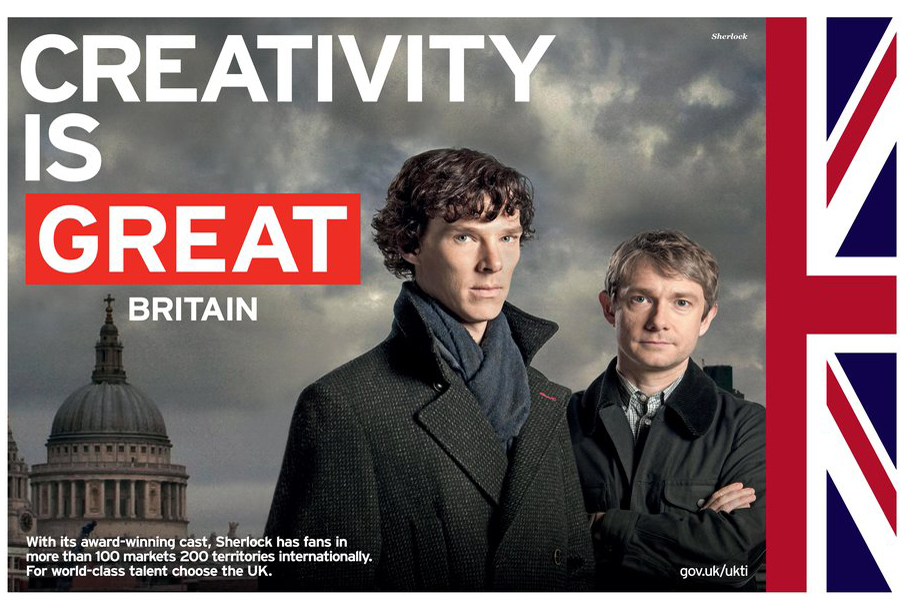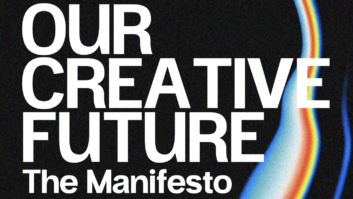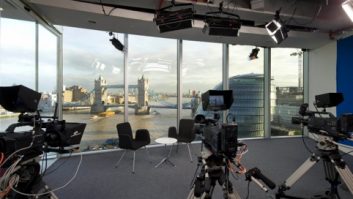
The statistics released by the Department for Culture, Media and Sport (DCMS) have revealed that employment within the UK’s creative industries is increasing at more than twice the rate of the wider UK economy. Yet there is still a concerning under-representation of women in other sectors, most notably in the area of IT, software and computer services.
The figures also reveal a modest increase in the number of people identifying as Black, Asian and Minority Ethnic (BAME) employed within the sector. More than one in ten (11 per cent) of all jobs within the sector are now filled by someone from a BAME background – the same level as across all UK industries.
“These latest figures demonstrate how the UK’s creative industries continue to be one of our great success stories,” said Culture secretary John Whittingdale. “It’s a fantastic sector which now accounts for more than 1.8 million jobs in the UK, and employment in this areas is increasing at twice the rate of the wider economy. Our films, music and other artists are celebrated around the world and this Government is determined to do what we can to ensure our creative industries continue to grow.”
Jobs within the creative industries increased by 5.5 per cent compared to the national 2.1 per cent rise in employment between 2013 and 2014, and the number of jobs in the sector now stands at 1.8 million. This represents an increase of 15.8 per cent (247,000 jobs) since 2011.
The value of services exported by the UK’s creative industries in 2013 is £17.9 billion, a rise of 3.5 per cent (£598 million) on the previous year. Exports from the creative industries have increased by 34.2 per cent (around £4.5 billion) – between 2009 and 2013, outperforming the rest of the UK economy by almost 15 per cent.
DCMS analyses the number of jobs in the creative industries by geographical region, level of qualification, gender, and ethnicity.







